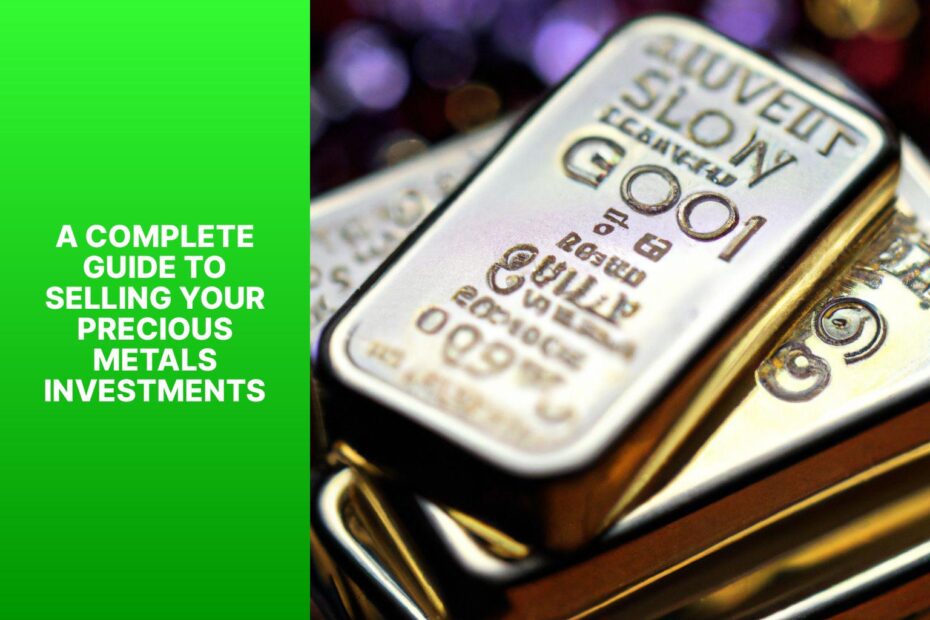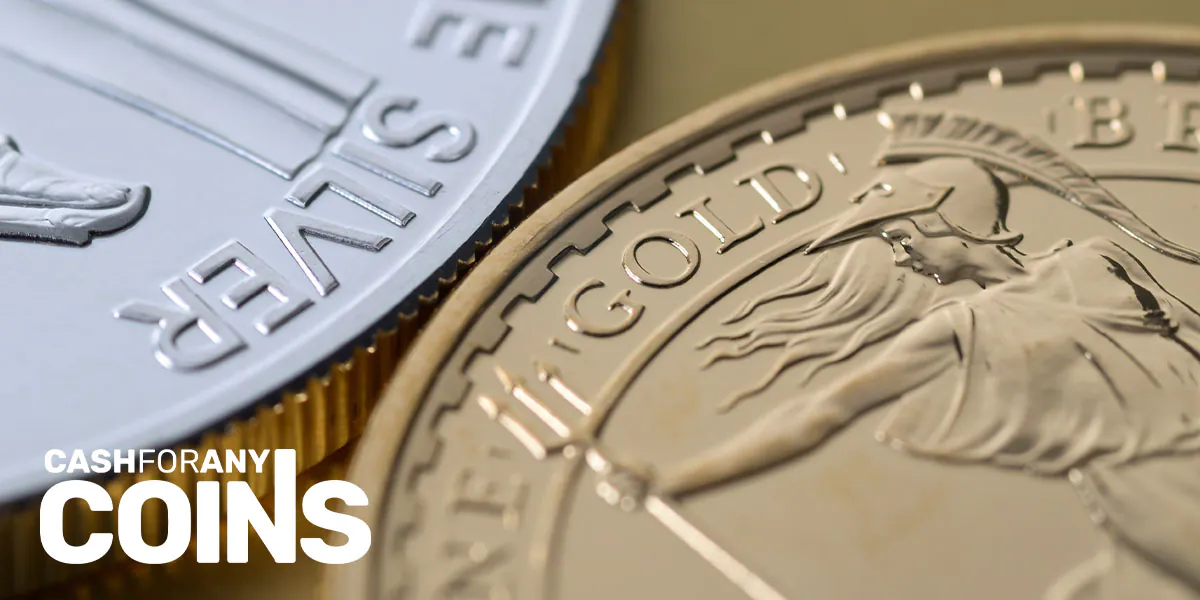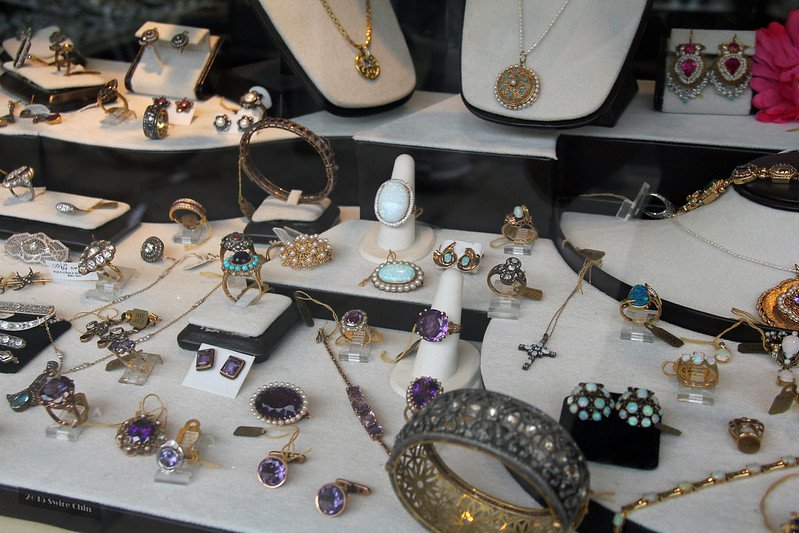Selling Your Precious Metals: A Guide To Consignment And Resale
Selling Your Precious Metals: A Guide to Consignment and Resale
Related Articles: Selling Your Precious Metals: A Guide to Consignment and Resale
Introduction
In this auspicious occasion, we are delighted to delve into the intriguing topic related to Selling Your Precious Metals: A Guide to Consignment and Resale. Let’s weave interesting information and offer fresh perspectives to the readers.
Table of Content
Selling Your Precious Metals: A Guide to Consignment and Resale

The world of jewelry is filled with stories, memories, and sentimental value. Often, these treasured pieces become heirlooms, passed down through generations. However, there are times when individuals find themselves in possession of jewelry they no longer need or desire. Perhaps it’s an inherited piece that doesn’t suit their style, or a piece acquired during a different stage of life. In such situations, the question arises: can I sell my jewelry?
The answer is a resounding yes. The market for pre-owned jewelry is thriving, driven by factors like sustainability, affordability, and the allure of unique pieces. Many jewelry stores, both large and small, are actively seeking to acquire pre-owned jewelry for resale or consignment. This presents a valuable opportunity for individuals to turn their unwanted jewelry into cash or credit.
This guide will delve into the intricacies of selling your jewelry, explaining the various avenues available, factors influencing the value of your pieces, and the steps involved in the process.
Understanding the Options: Consignment vs. Direct Sale
When selling your jewelry, you essentially have two primary paths: consignment and direct sale.
- Consignment: This involves entrusting your jewelry to a reputable dealer or store for a predetermined period. The dealer displays your jewelry in their store, and when it’s sold, you receive a percentage of the sale price, typically 50% to 70%, after deducting any associated fees. This method offers the advantage of professional marketing and exposure to a wider customer base, but it comes with the risk of your jewelry not selling within the agreed-upon timeframe.
- Direct Sale: This involves selling your jewelry directly to a buyer, either a jewelry store or a private individual. The store will assess the value of your jewelry and offer you a price. This method provides immediate cash or credit but typically results in a lower payout than consignment.
Factors Influencing the Value of Your Jewelry
The price you receive for your jewelry is determined by a number of factors:
- Metal Purity: The karat value of gold, platinum, or silver directly influences the value. Higher karat values indicate a higher proportion of pure metal, leading to a higher price.
- Gemstones: The type, size, cut, clarity, and color of gemstones significantly impact value. Diamonds, sapphires, emeralds, and rubies are among the most sought-after gemstones, while other stones like opals, pearls, and turquoise have their own unique appeal.
- Design and Style: The design and style of the jewelry play a crucial role. Vintage or antique pieces, especially those with historical significance, can command higher prices. Similarly, designer pieces by renowned brands often carry a premium.
- Condition: The condition of the jewelry is crucial. Pieces with scratches, dents, or missing stones will generally fetch lower prices. Proper cleaning and polishing can enhance the appeal and value.
- Market Demand: The market demand for specific types of jewelry fluctuates. Certain styles and materials may be in high demand, leading to higher prices.
Finding the Right Buyer: Where to Sell Your Jewelry
Several options exist for selling your jewelry, each with its advantages and disadvantages.
- Local Jewelry Stores: These stores offer a convenient and familiar option. They are often familiar with local market trends and may be willing to offer fair prices. However, it’s essential to choose a reputable store with a good track record.
- Pawn Shops: These establishments are known for offering quick cash for jewelry, but they often pay significantly lower prices than other options. They are primarily interested in the intrinsic value of the metal and may not appreciate the design or gemstones.
- Online Marketplaces: Platforms like eBay, Etsy, and Craigslist provide a wide reach to potential buyers. This can be a good option for unique pieces or those with historical significance. However, it requires careful listing, accurate descriptions, and secure payment methods.
- Consignment Shops: These shops specialize in selling pre-owned items, including jewelry. They offer a professional environment and exposure to a targeted audience. However, they often take a significant commission, and your jewelry may not sell quickly.
- Specialized Buyers: Certain companies and individuals specialize in buying specific types of jewelry, like diamonds, gold, or vintage pieces. They may offer competitive prices, but it’s crucial to research their reputation and ensure they are legitimate.
Preparing Your Jewelry for Sale
Before approaching a buyer, take these steps to maximize your chances of a successful sale:
- Clean and Polish: Thoroughly clean your jewelry to remove any dirt, grime, or fingerprints. Consider professional cleaning for intricate pieces.
- Gather Documentation: If available, provide any documentation like certificates of authenticity, appraisals, or receipts. This adds credibility and can influence the price.
- Research Market Value: Use online resources, price guides, and recent sales data to estimate the fair market value of your jewelry. This will give you a benchmark for negotiations.
- Prepare for Negotiations: Be prepared to negotiate the price with potential buyers. Have a realistic expectation of what you can achieve based on the factors mentioned earlier.
- Consider Insurance: If you are consigning your jewelry, consider insuring it for the agreed-upon value to protect against loss or damage.
Navigating the Sale Process
Once you’ve chosen a buyer, the sale process typically involves the following steps:
- Assessment and Valuation: The buyer will assess your jewelry and determine its value based on its condition, metal purity, gemstones, and market demand.
- Negotiation: You and the buyer will negotiate a price that is mutually acceptable.
- Payment: The buyer will provide payment, either in cash, credit, or a combination of both.
- Documentation: Ensure you receive proper documentation for the transaction, including a receipt, contract, or consignment agreement.
FAQs Regarding Selling Your Jewelry
Q: What is the best way to sell my jewelry?
A: The best method depends on your individual needs and preferences. If you want a quick sale, a pawn shop or direct sale to a jewelry store may be suitable. If you are looking for the highest possible price, consignment or selling through online marketplaces might be better options.
Q: How do I know if a jewelry store is reputable?
A: Research the store’s reputation online, check customer reviews, and inquire about their policies regarding pricing, consignment fees, and payment methods.
Q: Can I sell my jewelry without documentation?
A: While documentation can enhance the value and credibility of your jewelry, it is not always mandatory. The buyer may still be willing to purchase your jewelry based on their assessment of its condition and market value. However, it is always advantageous to have supporting documentation.
Q: What if my jewelry is damaged or has missing stones?
A: Damaged or incomplete jewelry will generally fetch lower prices. You can consider having it repaired or restored to improve its value, or sell it as-is, accepting a lower price.
Q: What are the tax implications of selling jewelry?
A: The tax implications of selling jewelry depend on your individual circumstances and the value of the sale. If you are selling jewelry for a significant profit, you may be required to pay capital gains tax. Consult with a tax professional for specific guidance.
Tips for Selling Your Jewelry
- Know Your Market: Research current market prices for similar jewelry to understand what you can realistically expect.
- Choose Reputable Buyers: Select buyers with a good reputation, positive reviews, and transparent policies.
- Be Realistic with Expectations: Don’t expect to get the full retail value for your jewelry. Consider the condition, market demand, and the buyer’s profit margin.
- Compare Offers: Don’t settle for the first offer you receive. Get quotes from multiple buyers to ensure you are getting a fair price.
- Negotiate Skillfully: Be polite but firm during negotiations. Have a clear idea of your minimum acceptable price.
- Get Everything in Writing: Ensure all agreements, including payment terms and consignment details, are documented in writing.
Conclusion
Selling your jewelry can be a rewarding experience, allowing you to turn unwanted pieces into cash or credit. By understanding the options available, the factors influencing value, and the steps involved in the sale process, you can navigate the market effectively and achieve a fair price for your precious metals. Remember, research is key, and choosing reputable buyers is essential for a positive and successful experience.








Closure
Thus, we hope this article has provided valuable insights into Selling Your Precious Metals: A Guide to Consignment and Resale. We hope you find this article informative and beneficial. See you in our next article!
You may also like
Recent Posts
- The Enduring Appeal Of XP Jewelry: A Timeless Symbol Of Achievement
- A Global Tapestry Of Adornment: Exploring World Collections Of Jewelry
- The Evolution Of A Brand: Understanding The Name Change Of Lola Rose Jewellery
- Navigating The UK’s Jewelry Wholesale Landscape: A Comprehensive Guide
- The Allure Of Effy Jewelry: Unveiling The Reasons Behind Its Premium Pricing
- The Enduring Appeal Of Gold Jewelry: A Timeless Investment
- The Art Of Harmony: Elevating Your Style Through Accessory Coordination
- The Comprehensive Guide To Wholesale Jewelry Supplies Catalogs: A Treasure Trove For Jewelry Makers And Businesses
Leave a Reply